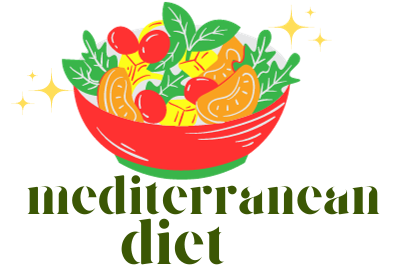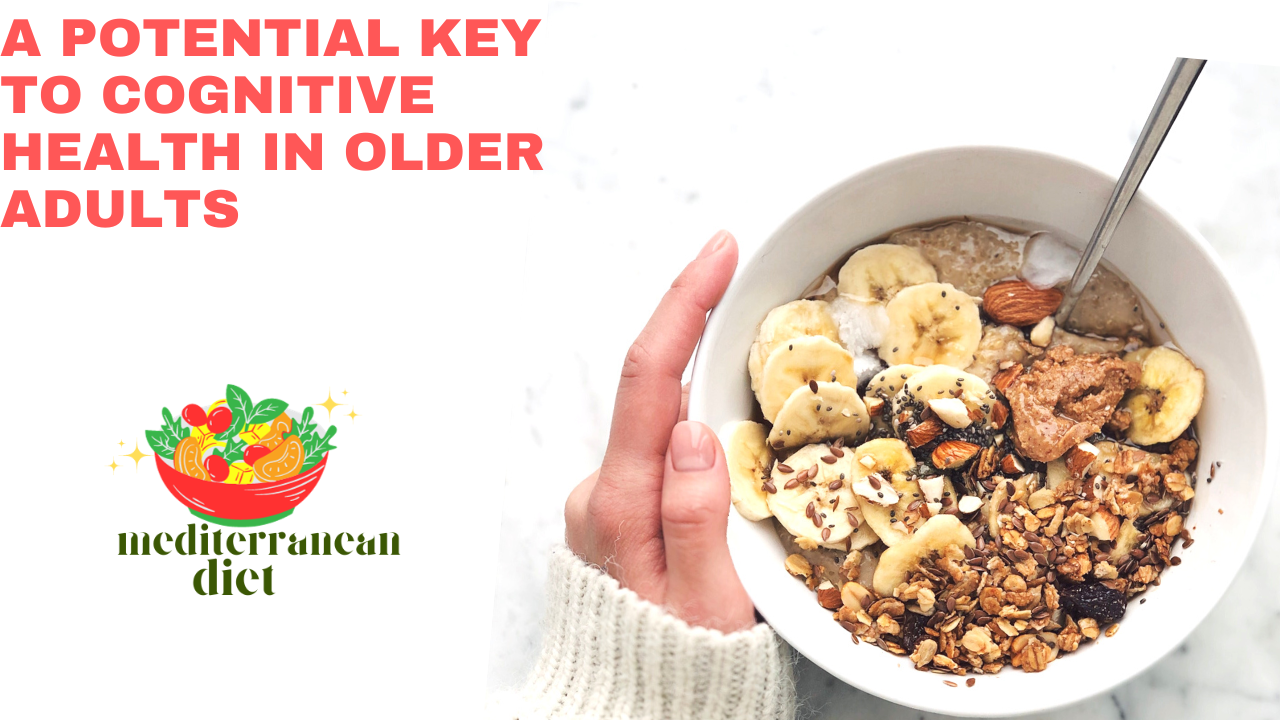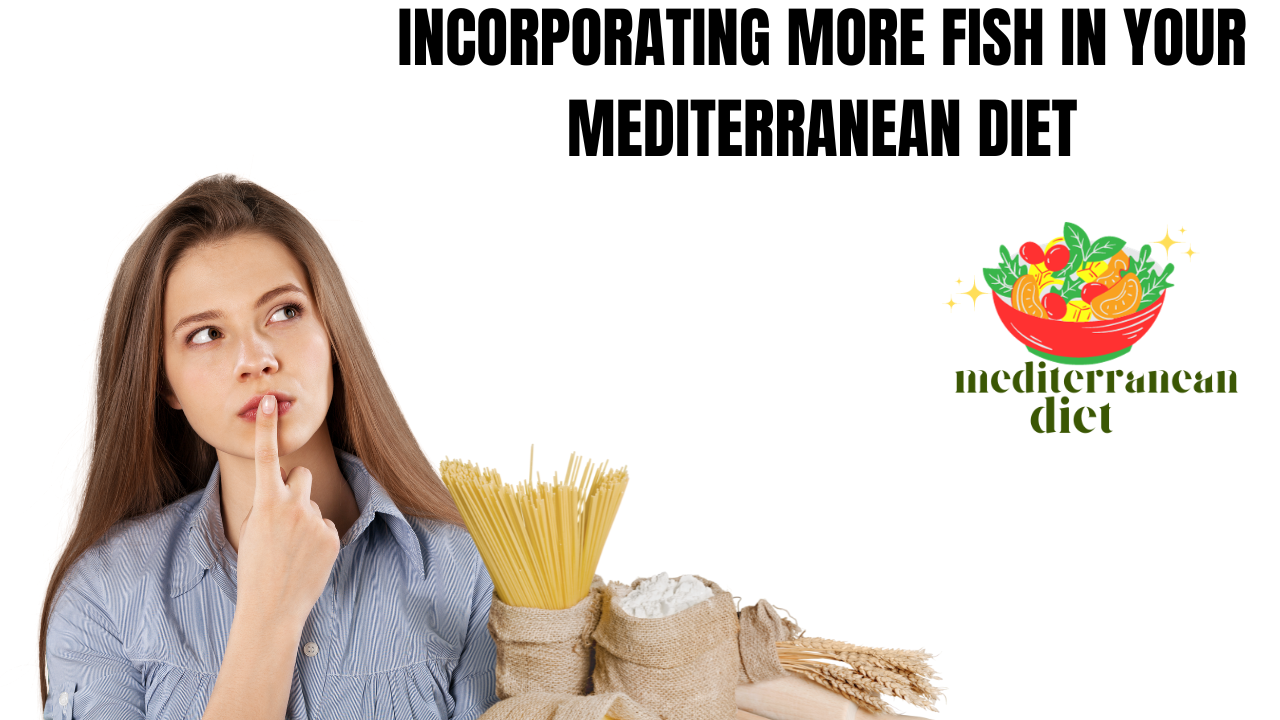As we age, maintaining cognitive health becomes increasingly crucial. A recent study has shed light on an intriguing possibility—the Mediterranean diet may hold the key to sustaining cognitive function in older adults. This dietary pattern, renowned for its health benefits, seems to offer promising advantages for brain health as well.
Table of Contents
Understanding Cognitive Health in Aging
Aging often brings about cognitive changes, impacting memory, reasoning, and decision-making abilities. Neurodegenerative conditions such as Alzheimer’s disease and dementia pose significant concerns, highlighting the urgency of strategies to preserve cognitive function in older individuals.
Exploring the Mediterranean Diet
The Mediterranean diet isn’t merely a culinary choice but a lifestyle deeply rooted in the cultures surrounding the Mediterranean Sea. Rich in fruits, vegetables, whole grains, healthy fats, and lean proteins, this diet emphasizes moderation and balance.
Linking the Mediterranean Diet to Cognitive Health
Recent research has unearthed intriguing connections between the Mediterranean diet and cognitive well-being. Studies suggest that its components—such as omega-3 fatty acids from fish, antioxidants from fruits and vegetables, and healthy fats from olive oil—might play pivotal roles in preserving brain function.
Scientific Evidence and Findings
Numerous studies have investigated the diet’s impact on cognitive health. These studies often correlate the Mediterranean diet with reduced cognitive decline, improved memory, and a lower risk of neurodegenerative diseases in older adults.
Mechanisms Behind the Benefits
Understanding the mechanisms driving these cognitive benefits is critical. Components of the Mediterranean diet possess anti-inflammatory and antioxidant properties that potentially protect brain cells, improve blood flow, and reduce the risk of plaque buildup associated with cognitive decline.
Implementing the Mediterranean Diet
Adopting the Mediterranean diet doesn’t require drastic changes. Simple steps like increasing intake of fruits, vegetables, nuts, and whole grains while reducing processed foods and saturated fats can align one’s diet with its principles.
Challenges and Considerations
While the Mediterranean diet boasts numerous advantages, its adoption might pose challenges due to regional preferences, accessibility, and lifestyle differences. Overcoming these obstacles may require gradual adjustments and personalized approaches.
Importance of Lifestyle Factors
Apart from diet, other lifestyle factors, including physical activity, social engagement, and mental stimulation, synergistically contribute to cognitive health. The Mediterranean diet complements these factors, enhancing overall well-being.
Conclusion
The Mediterranean diet stands as a promising avenue in promoting cognitive health among older adults. Its rich array of nutrients, combined with its potential to reduce cognitive decline, makes it a compelling choice for those aiming to sustain mental acuity with age.
FAQs
1. Is the Mediterranean diet suitable for everyone?
The Mediterranean diet can be adapted to various dietary preferences and is generally considered beneficial for most individuals.
2. How soon can one notice the effects of the Mediterranean diet on cognitive health?
While individual responses may vary, consistent adherence to the diet may show positive effects over time, typically several months to years.
3. Are there any specific foods to prioritize within the Mediterranean diet for cognitive health?
Foods rich in omega-3 fatty acids, such as fish, and antioxidant-packed fruits and vegetables are particularly beneficial.
4. Can the Mediterranean diet prevent Alzheimer’s disease?
While it may not entirely prevent Alzheimer’s, the diet shows promise in reducing the risk and slowing cognitive decline associated with the disease.
5. How can I start following the Mediterranean diet?
Begin by incorporating more plant-based foods, healthy fats, and lean proteins while minimizing processed foods and saturated fats. Gradual changes can lead to a successful transition.






